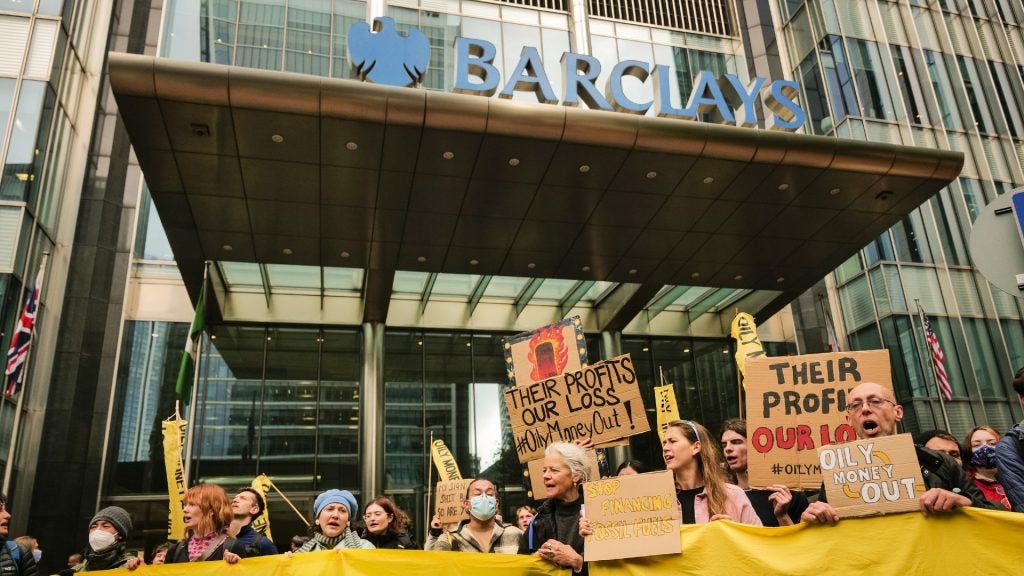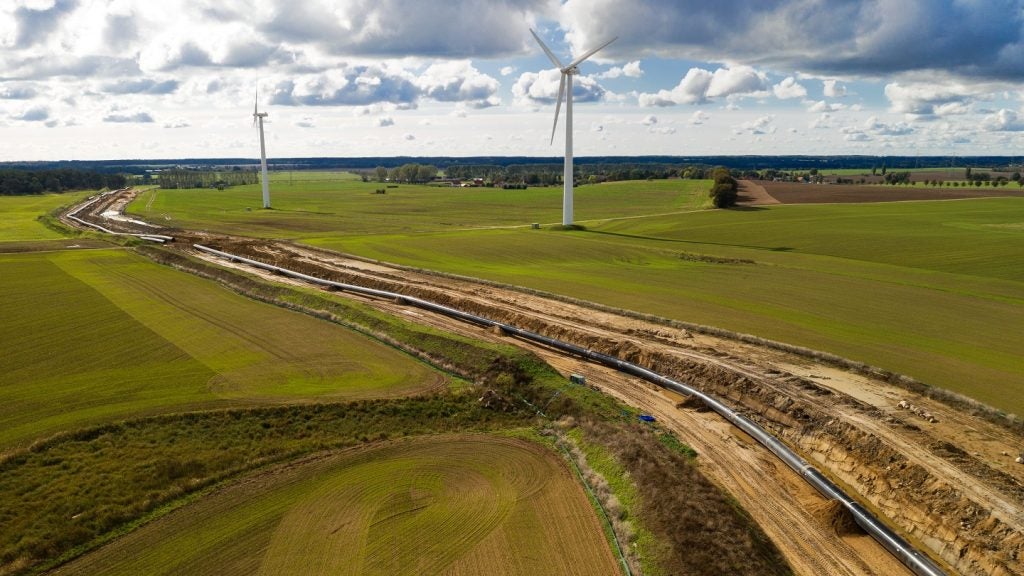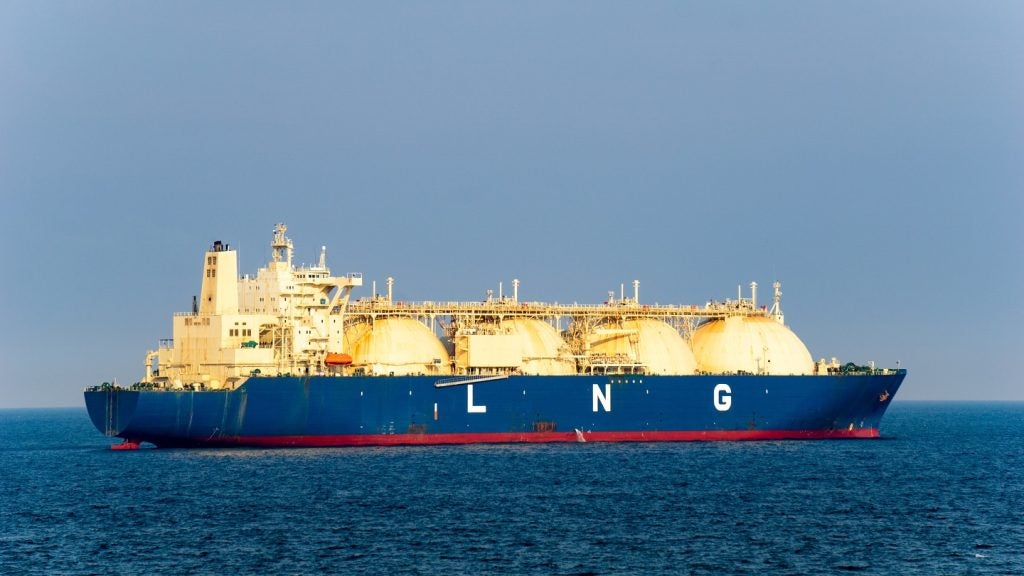Barclays' announcement last week (9 February) that it will no longer finance new oil and gas fields is positive environmental news. The bank was the seventh-largest financier of fossil fuels in the world between 2016 and 2022, according to the NGO Rainforest Action Network, and its refusal to fund future projects will certainly have an impact on the industry.
However, there are caveats to this move. The company is not ending lending to existing clients, though it will restrict lending to firms focused on “long-lead” fossil fuel expansion projects as well as those engaging in unconventional oil and gas production.
In a press release, Barclays points out that the International Energy Agency acknowledges “investment is needed to support existing assets while clean energy is scaled”. However, comments to Reuters from the bank’s group head of sustainability Laura Barlow also suggest that the line between existing and future assets may be more blurred than the press release makes out.
Additionally, most of Barclays’ entanglement with fossil fuel companies – to the cumulative tune of $190.6bn – is in the form of lending rather than direct financing. Reuters also notes that capital markets financing for the oil and gas sector made up less than 3% of the bank's total activity, meaning the impact on the bank is limited.
Beyond oil and gas: Barclays' sustainable finance goals
Barclays' decision follows its 2022 announcement of a $1trn “sustainable and transition finance target”, a term that has caused controversy due to its nebulous meaning. A recent Bloomberg interview suggests that the bank is working to clarify this to ensure banks remain on the right side of legislation if and when it comes.
Offshore Technology's sister publication Energy Monitor also notes that, according to the company’s H1 2023 investor report (its most recent), only 36% of the $32.1bn raised so far is 'environmental', with the remainder made up of social and sustainability-linked capital.
The projects covered by this finance are also highly variable, ranging from the development of urban mass transit systems and renewable energy plants to the “acquisition of energy-efficient buildings with an EPC rating of A or B” and coal to gas switching for cement production (with a plan for continued decarbonisation). Barclays declined to break down its investment by sub-theme, making it impossible to know the real impact of its financing.
Separately, the bank aims to invest £500m ($630m) into climate tech start-ups by the end of 2027; many companies currently in its portfolio are on the niche end of green technology, including carbon capture technology, protein made from air and smart bricks. The majority of finance facilitated by Barclays is through capital markets, meaning it is not directly responsible or liable for raising the money.















